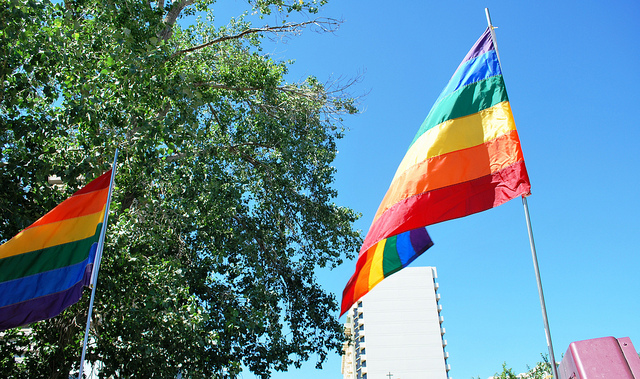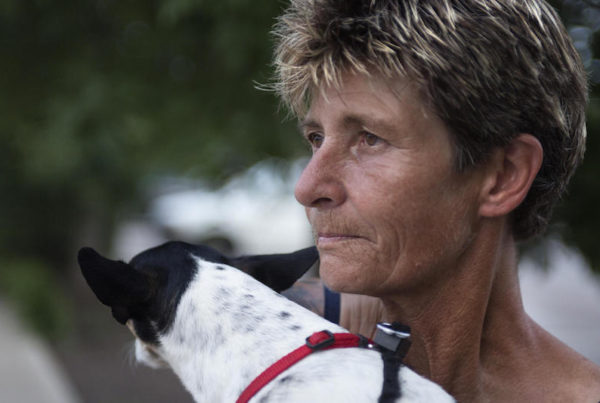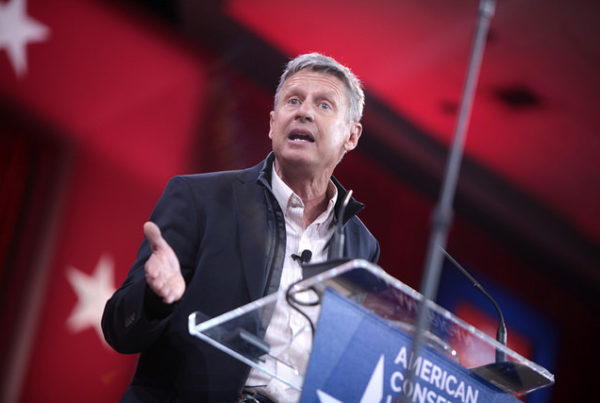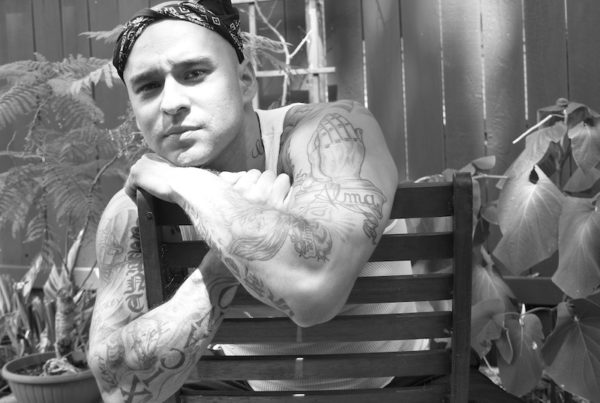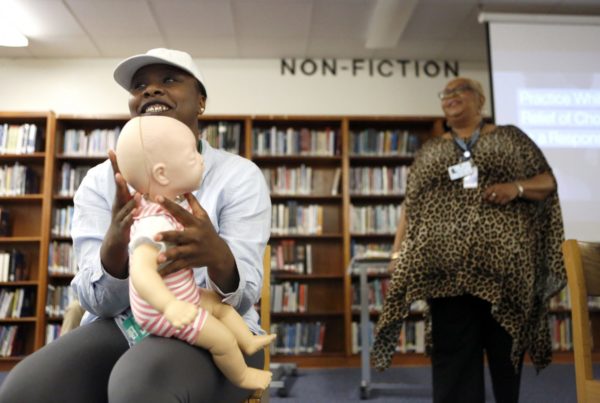After yesterday’s broadcast, which concluded with a roundup of reaction to the Orlando shooting from Texans on social media, Texas Standard received a comment from a listener who noted what he considered to be a conspicuous absence of something in the conversation – the mention of words like “ISIS” and “terrorism.”
This comment plays into something bigger: how we choose what words to use when speaking about an unspeakable tragedy. What’s the significance of the rhetoric surrounding events like the Orlando massacre?
Jennifer Wingard, professor of rhetoric at the University of Houston, says that the words we use have shifted significantly since 9/11, when terrorism became tied to radical Islamism in the nation’s consciousness.
“That is when terrorism became the lingua franca for a way our country began to live,” Wingard says. “From the speeches, from development of the Patriot Act, the way we had to ‘If you see something, say something’ – all of those kinds of local and national works became the way we began to police ourselves.”
Following the shooting, two different discourses emerged, Wingard says. On the Democratic side, the discussion turned to gun control, while conservatives focused on jihadism and terrorism. But something else has been missing from the discussion.
“What has kind of fallen is the middle is the fact that this happened on National Pride Weekend to a particular class of individuals, the LGBTQ community, who have been under political attack both with all these bathroom laws,” she says, “as well as other laws in North Carolina and Alabama recently.”
But a danger of talking about a tragedy in these highly politicized terms is that parts of the complex situation get overlooked. Wingard says that when both the victims and the perpetrators carry multiple identities, it leads to looking at the situation as “hierarchy of oppression” – comparing who is more victimized and oppressed – which takes away from meaningful conversation.
“It really separates any kind of coalition building that can happen between people who want to find protection and allies or to create change,” she says. “It becomes a way to individualize the argument and place it on a particular individual or a particular individual’s beliefs, and then their group affiliation, instead of looking at a more systemic conversation that could happen.”


